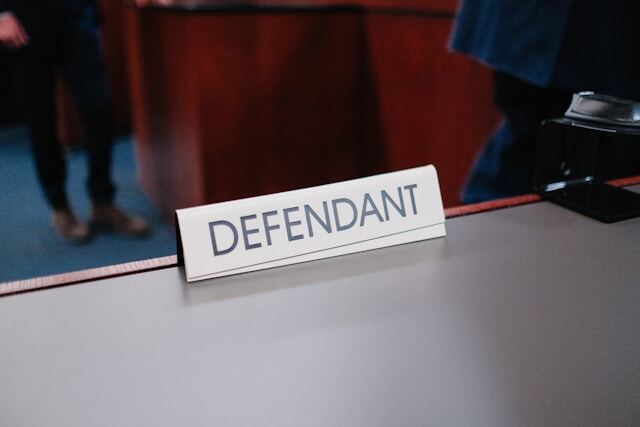After you’ve been injured by someone else’s negligence, you’re going to face a tough decision. Do you work with the person at fault and accept a settlement offer from their insurance company? Or do you contact a personal injury lawyer and file a lawsuit?
This decision is actually easy to make when you have all the right information. The only reason it seems difficult is when you don’t know the possible outcomes for each option. This article will help you understand why filing a lawsuit is ideal.
1. A lawsuit can generate higher compensation
If you choose to work with an insurance company, you’re guaranteed to only get a fraction of the compensation you deserve. Insurance adjusters are given a maximum payout for each case and you can’t negotiate any higher. They always cap each case much lower than what it’s actually worth because their first priority is to protect their profits. They won't pay out unless they have to, and when they do, they’ll pay as little as possible.
On the other hand, suing the responsible party creates a much higher probability of getting a generous amount of compensation, provided you hire legal representation. Without an attorney, you don’t stand a chance against an insurance company in court because they’re far more experienced in legal matters.
The major difference is that a lawsuit allows you to sue for additional forms of compensation beyond just what will cover your medical bills. You can sue for lost wages, future lost wages, loss of enjoyment of life, and more. The more serious your injury, the more likely you are to get a bigger award.
In any case, it will almost always be higher than any offer provided by the insurance company.
2. Negotiating with adjusters is tiresome
When you take on negotiating with an insurance adjuster for a settlement, you’re going to have to fight extremely hard for every dollar. The amount of time and energy you’ll expend just to get an extra thousand dollars will feel like you’ve just engaged in a massive battle.
An insurance adjuster’s job is to talk you down and try to get you to take the lowest possible dollar amount. If you want to negotiate all the way up to the maximum allowed for your claim, you’ll need to be an amazing negotiator with tireless energy.
It will still take time and energy for your lawyer to negotiate a settlement after you file a lawsuit, but it won’t take nearly as much effort, and the reward will be much higher. They’ll know exactly how much your case is worth and how to talk the other party into settling to avoid an expensive trial. Juries are known to be extremely sympathetic toward injured victims and tend to award large settlements. Most insurance companies will settle out of court to avoid going to trial.
3. A lawsuit can force a company to change their policies
If you were hurt because of a bad company policy or a policy that wasn’t being enforced properly, then a lawsuit can force that company to pay more attention to its own rules. Often, safety policies are in written form but aren’t understood, followed, or even enforced. Sometimes businesses cut corners to save time, money, and labor, and they only get away with it until someone gets hurt.
By suing the negligent party responsible for your injury, you are potentially helping to save other people from being injured in the future. Many companies won’t make any changes unless they’re forced to by a court order and the imposition of hefty fines. If, during your case, the court orders the company to make changes and/or follow specific laws, they’re likely to follow through to avoid serious legal and financial consequences.
Insurance companies are not on your side
The bottom line is that insurance companies do not exist to help people who file claims. Their main purpose is to generate a profit by collecting premiums and paying the bare minimum.
Before you sign a contract and accept an offer, talk to an attorney to get their opinion. If you have a good case, it could be in your best interest to sue rather than accept a settlement amount. If your case isn’t that strong, you can hire a lawyer to negotiate with the insurance company to get the maximum payout possible. Otherwise, consider filing a lawsuit to get the full financial compensation your case is worth.

















